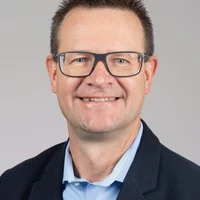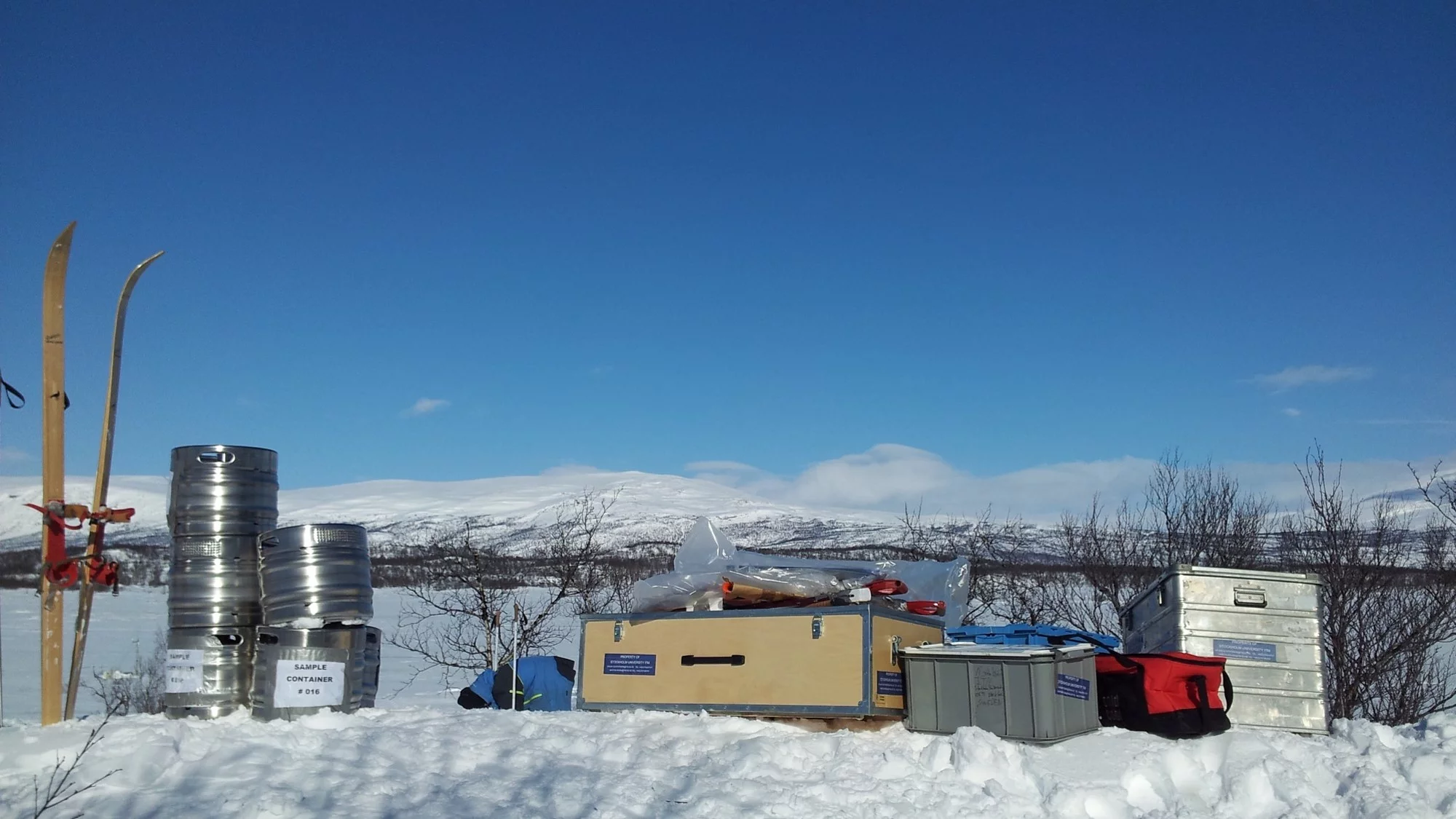Patrik Winiger, Research Grant Advisor and Project Manager at ETH Zurich, successfully applied for the Ambizione Grant 2020 with the project “Macromolecular Aerosols in the Cryosphere from the Arctic to the Alps – MACrAA”. The idea was developed together with the Laboratory for Atmospheric Chemistry (LAC) at PSI. The LAC is a global leader in aerosol analytics and source identification. They own and operate a unique laboratory infrastructure with various instruments and multiple aerosol simulation chambers available for researchers.
The idea behind
During combustion, tiny particles and gases are emitted, many of which are not known to date. This is because there are no methods to analyse them comprehensively, especially as the molecules, which are created during combustion, react with each other and with other molecules in the environment to produce a huge variety of molecules, many of which are very large macromolecules. Because it is difficult to follow the molecules and their reactions in the environment, the fraction of particles that can be analysed becomes smaller and smaller with time and as they age. This makes it difficult to detect them with contemporary methods. The objective of Winiger’s project is to develop methods to analyse particles which cannot currently be analysed.
Patrik Winiger’s interest in the project is not just of scientific nature but he is also intrigued by the possible influence on climate and health. I.e. “Particles can be the seed for clouds which reflect sunlight and have a cooling influence. Other parts of particles are quite dark so they absorb sunlight and heat up the atmosphere a bit more, especially when they are deposited on a lighter surface like on the Arctic’s snow and ice where they can increase the absorption.”
The project’s focus is on the cryosphere such as the Arctic and Alps where bright surfaces like snow and ice are prevalent. His idea stems from polymer chemistry and will allow to look into new particles like polymers, more broadly known as microplastics - thereby a broad spectrum of aerosols can be analysed. The method developed by Winiger thereby allows to better analyse many more of these molecules even as the aerosols grow bigger and spread out.
Research motivation
Patrik Winiger came up with the idea for this method already after his PhD. The group he was writing a proposal with back then was interested in organic aerosol nanoparticles, using an instrument that potentially could have had the technical possibilities, which could prove advantageous to also look into microplastics, due to similarities with methods from polymer analysis. For this reason, Winiger thought it would be possible to explore pollutants with that method and the available instrument but the project did not get funded back then. However, the idea stuck with him and when he mentioned the idea to Imad El Haddad, Research Laboratory Head a.i. of the LAC at PSI, he suggested the use of instruments available at PSI. They then figured out what could best be used to their advantage for this project.
Research impact
The direct impact of this method is that “new chemical tracers (found in the environment) can be used as chemical fingerprints which can be traced back to predecessor molecules and their specific sources.” This allows to identify the origins of pollutants which are potentially harmful for health and climate”. I.e. the analysis of later products of molecules allows to trace them back to the originator. An example would be wood combustion (i.e. if the burning of wood results in harmful products, which are produced in the environment, this could be traced back to wood combustion). This method could then be used in all kinds of samples, like ice cores or sediments, which may lead to information like historical changes in global fire behaviour, linked to changes of human behaviours, which affect the health as well as the climate.



